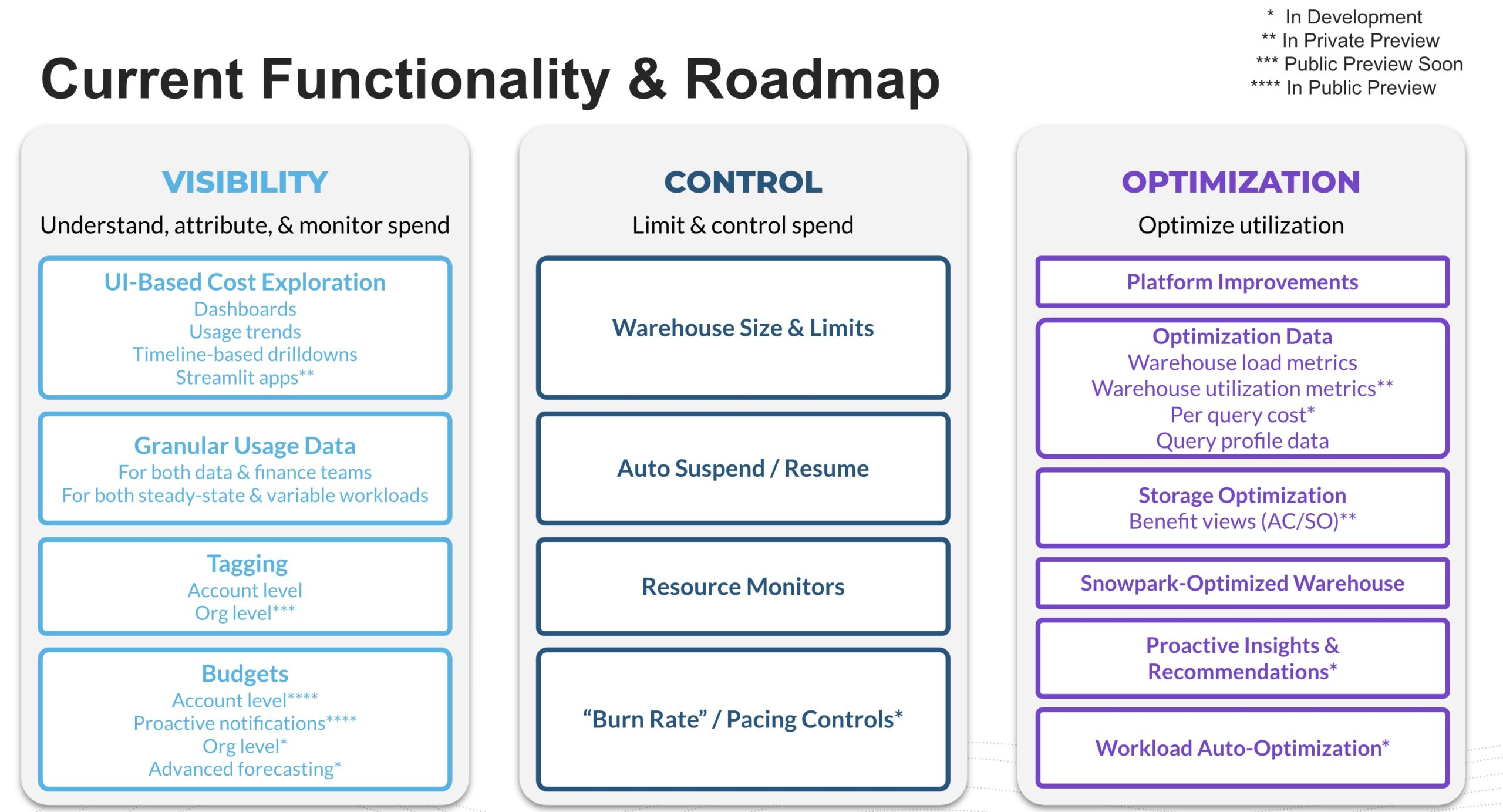A worker at the Amazon fulfillment center in Eastvale, California, was notified by Amazon’s software on October 27, 2021, that his product, the Ripple Rug, was being sold at a cheaper price elsewhere. As a result, his product would no longer be featured in Amazon’s buy box, potentially causing him to lose thousands of dollars per day. The seller discovered that Chewy, another retailer, had lowered the price of his product to $39.99, while it was listed at $43 on Amazon. Despite the fact that the total cost on Chewy, including shipping and taxes, was higher than the Amazon price, the algorithm flagged it as a lower offer. The seller had to decide whether to lower the price on Amazon or ask Chewy to raise their price. He chose the latter option.
This experience reflects the core issue in an antitrust lawsuit filed by the Federal Trade Commission (FTC) against Amazon. The FTC alleges that Amazon uses its monopoly power to harm merchants and suppress competition, resulting in artificially inflated prices and a degraded shopping experience. The agency claims that Amazon employs an “anti-discounting strategy” and a “massive web-crawling apparatus” to track online prices and punish third-party sellers offering lower prices outside of Amazon by threatening to exclude them from the buy box. Losing the buy box is detrimental to sellers’ businesses. The FTC argues that these tactics lead to higher prices across the internet as Amazon increases its fees and prevents sellers from offering discounts on other platforms, creating an artificial price floor.
The FTC seeks to hold Amazon accountable for violating antitrust laws, although specific remedies have not been outlined yet. In response, Amazon’s general counsel argues that third-party sellers set their own prices on the marketplace, and the company provides tools to help sellers offer competitive prices. The company claims that it does not promote or highlight offers that are not competitively priced. Amazon sellers on the company’s forum have expressed mixed reactions to the lawsuit, with some supporting it and hoping for changes in Amazon’s practices, while others believe it is misguided. Some sellers have concerns that the highlighted issues may not necessarily improve the seller and consumer experience.
Despite potential sympathies towards regulating Amazon, some sellers question whether the FTC’s claims address the most significant problems they face. They argue that Amazon’s fulfillment service, Fulfillment by Amazon (FBA), is valuable and not coercive, offering competitive pricing and efficient shipping. Additionally, some sellers dispute the FTC’s claim that Amazon’s search results are cluttered with ads, stating that they can tailor their ads to target specific consumers. Some sellers believe that the competition has increased, with alternatives like Shopify, Walmart, and Chinese e-commerce companies gaining traction. However, others feel that a case against Amazon would have been more impactful a few years ago before the significant changes brought about by the pandemic and the evolving e-commerce landscape.
Source link





















